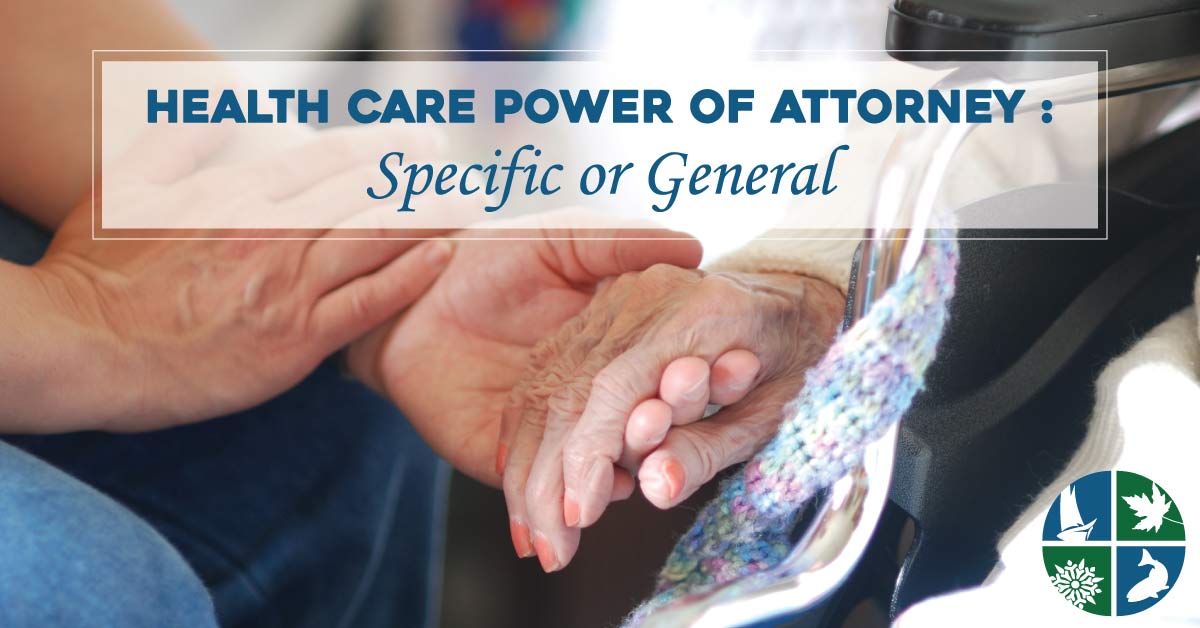Having the power of attorney conversation can be tough. Meet Charlie, a 72-year-old Vietnam veteran. All of Charlie’s life, he’s done everything on his own and rarely accepts help from others, even more rarely will you find him admitting he needs help. He is stubborn as a mule and strong in his convictions, chiefly of which is his sense of pride in taking care of his family and himself with no assistance. However, his daughter, Lisa has begun to notice her dad is forgetting where his keys are. This is not just the normal forgetfulness every now and then that we all suffer from; every time he wants to go somewhere he’s forgetting where they are, even though they’re always hanging on the wall where he left them.
One way that Lisa can protect her father and secure his future well-being is to become his power of attorney. A power of attorney, generally, is a document that allows the signor to appoint an agent to make decisions on behalf of the person signing the document. Becoming Charlie’s power of attorney would grant Lisa the right to make decisions involving personal matters on Charlie’s behalf if he is unable to.
Many people find themselves in Lisa’s position: realizing their parent may not be able to make his own decisions in the future, but unsure of how to have this conversation in a caring, loving manner.
Below are some tips to help you navigate through this difficult conversation:
Start the conversation early
In theory, it seems like common sense to have this discussion before your parent will need for you to act as power of attorney, but in practice, very few of us do it. Explain to your parent that even though this may not be applicable for years to come, or at all, this will give you peace of mind for if/when it is necessary.
Communication is key
Be open with your parent. Explain your concerns and fears in a way that doesn’t put pressure on him. Rather than saying things such as, “you need this because in the future you may not be able to…” try to focus on your concerns for him and say things along the lines of, “I want you to appoint me your power of attorney because it will give me peace of mind knowing you’ll be taken care of.” Phrases such as these can ensure your parent doesn’t feel as if he is a burden to you. In fact, emphasizing how much it means to you can be very effective with your “do it all myself” types such as Charlie.
Involve your parent
After you and your parent have talked about the reasons for appointing you his power of attorney and why it’s important to you and should be to him, it’s time to put pen to paper. When it comes to drafting the power of attorney documents, it is advised that you consult an attorney to ensure nothing slips through the cracks. An attorney will also be able to answer any questions and calm any fears your parent may have.
Know your options
When it comes to establishing power of attorney, you have several options:
Non-durable power of attorney:
This variation of power of attorney grants the agent the power to act on your behalf for a set period of time or for a specific transaction. A non-durable power of attorney ceases when the set time period expires or if the principal becomes incapacitated.
Durable power of attorney:
This is the end-all be-all power of attorney. It gives the agent the authority to manage all affairs of the principal and immediately goes into effect when the principal signs the document. A durable power of attorney does not expire until the principal dies.
Financial power of attorney:
This type of power of attorney is authorized to handle most of the principal’s financial matters, such as your banking transactions, buying or selling property, and filing your tax returns. A financial power of attorney can be durable or non-durable.
Medical power of attorney:
A medical power of attorney will make health care decisions on your behalf in the event you are unable to make them. A medical power of attorney legally obligates the agent to carry out the principal’s known wishes regarding medical care. If you have unknown wishes, it rests on the agent to make this decision for you.
Wrapping it up
Having the “power of attorney” conversation with your parent can seem like a daunting task that you never really feel ready to have. Starting the conversation early, keeping open lines of communication, tackling the process together, and knowing your options are ways you can make sure the conversation is comfortable and effective for you and your parent. When you are ready to begin the process, or if you have any questions about something you have read, please feel free to contact us. (207) 848-5600 or CONTACT




